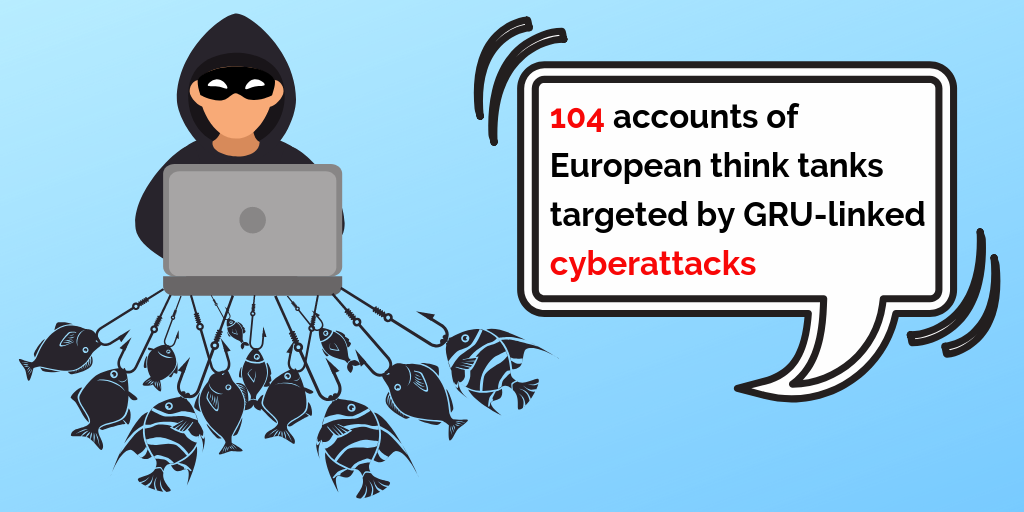In total, 104 employee accounts in Belgium, France, Germany, Poland, Romania, and Serbia were targeted via spear phishing campaigns designed to gain access to employee credentials and deliver malware. Spear phishing attacks are a more sophisticated form of phishing, in which hackers include malicious URLs in spoofed email addresses that look legitimate to the recipient.
While the sources of the cyber attacks are still being investigated by Microsoft’s Threat Intelligence Center, the company has stated with confidence that the majority originated from a group called Strontium – also known as APT 28 or Fancy Bear – which is believed to be associated with Russia’s military intelligence agency, the GRU. Fancy Bear is one of the groups responsible for the 2016 hacking of the US Democratic National Committee and has also been linked to intrusions into the German Bundestag and France’s TV5 Monde. In 2018, Fancy Bear leaked emails stolen from the International Olympic Committee and anti-doping agencies following Russia’s ban from the 2018 Winter Olympics.
A Microsoft company blog post highlights the ongoing cyber threat facing Europe and emphasizes that such “attacks are not limited to campaigns themselves but often extend to think tanks and non-profit organizations working on topics related to democracy, electoral integrity, and public policy and those are often in contact with government officials.”
In light of these latest attacks and persistent security concerns about the upcoming European elections, Microsoft has confirmed the rollout of its free cybersecurity service AccountGuard to twelve new EU nations in order to help them close their security gaps. The company did not mince words about the severity of the threat: “The attacks we’ve seen recently, coupled with others we discussed last year, suggest an ongoing effort to target democratic organizations. They validate the warnings from European leaders about the threat level we should expect to see in Europe this year.”
Meanwhile, Ukraine remains a testing ground for the Russian cyber attacks for years. For example, the latest attack on the servers of the Central Election Commission just a month before the presidential election had been recorded on 24-25 February, according to President Petro Poroshenko, and the Security Service o Ukraine has reportedly repelled it.
Further reading:
- Combined Efforts of Fancy Bears, Russia Today and Sputnik: Hack and Accuse
- How states can get real about Russian cyber attacks: Estonia, the UK, and Poland explain
- Beware of Russia’s bilateral cyber world order
- Moscow expanding its cyber war against Ukraine
- Russia Began Cyber War against Ukraine
- Beware of Russian Cyber Warfare in 2016
- Ukraine prepares for Russia’s interference in the country’s 2019 elections
- Everything you need to know about the massive Petya cyberattack which started from Ukraine





